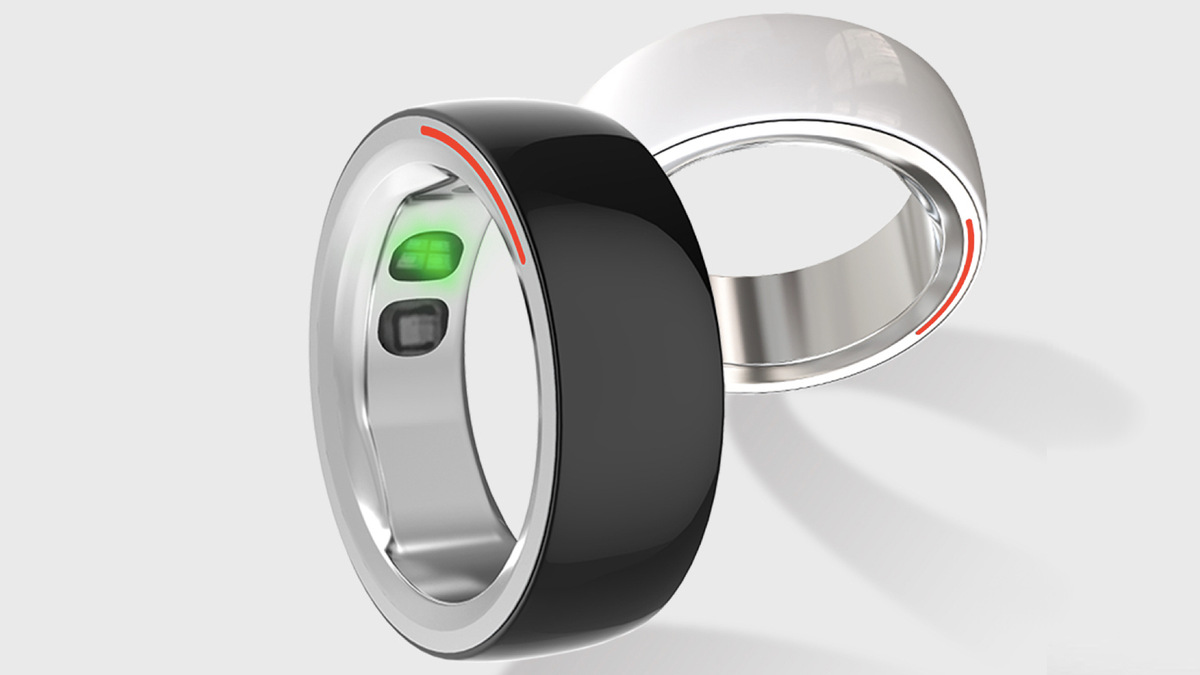
In today’s fast-paced world, maintaining mental well-being is more crucial than ever. The journey to mental health isn’t a linear path but a dynamic and ongoing process. Fortunately, advancements in technology have made it easier for individuals to monitor and manage their mental health effectively. Enter the mental health tracker, a transformative tool designed to enhance your well-being journey.
Understanding Mental Health Tracking
What is a Mental Health Tracker?
A mental health tracker is a digital tool or application that helps individuals monitor their mental health by tracking various aspects such as mood, stress levels, sleep patterns, and other related metrics. These trackers often come equipped with features that allow users to log their emotional states, set goals, and receive personalized insights.
Why Track Mental Health?
Tracking mental health can provide numerous benefits, including:
- Awareness: By consistently logging your mental state, you become more aware of patterns and triggers that affect your well-being.
- Management: With insights from your tracker, you can develop strategies to manage stress, anxiety, and other mental health conditions more effectively.
- Progress Monitoring: Seeing tangible progress can be motivating and encouraging, reinforcing positive behaviors and habits.
Key Features of an Advanced Mental Health Tracker
Not all mental health trackers are created equal. Here are some advanced features that can significantly enhance your tracking experience:
Mood Tracking
Regularly logging your mood can help you identify patterns and triggers. Advanced trackers use sophisticated algorithms to analyze your entries and provide tailored advice.
Stress Level Monitoring
Some trackers come with biofeedback capabilities, measuring physical responses like heart rate variability (HRV) to gauge stress levels in real-time.
Sleep Tracking
Quality sleep is fundamental to mental well-being. Trackers with sleep monitoring features can provide insights into your sleep patterns and suggest improvements.
Activity and Exercise Logging
Physical activity is closely linked to mental health. Advanced trackers can log your exercise routines and correlate them with your mood and stress levels.
Journaling and Reflection
Writing about your thoughts and feelings can be therapeutic. Trackers that include journaling features allow you to document your emotions, helping you process and understand them better.
Cognitive Behavioral Therapy (CBT) Tools
Some mental health trackers incorporate CBT techniques, offering exercises and activities designed to alter negative thought patterns and behaviors.
The Benefits of Using a Mental Health Tracker
Personalized Insights
One of the most significant advantages of using a mental health tracker is the personalized insights you receive. These insights are based on your unique data, making them highly relevant and actionable.
Improved Self-Awareness
By consistently tracking your mental health, you develop a deeper understanding of yourself. This self-awareness is a critical component of emotional intelligence and overall well-being.
Enhanced Coping Strategies
With a mental health tracker, you can identify which coping strategies work best for you. Whether it’s deep breathing exercises, meditation, or a brisk walk, knowing what helps you manage stress and anxiety can be invaluable.
Accountability
Setting goals and tracking your progress holds you accountable. Whether you’re working on improving your sleep quality or managing your stress levels, a mental health tracker keeps you on track.
Professional Collaboration
Many mental health trackers allow you to share your data with healthcare professionals. This collaboration can lead to more informed and effective treatment plans.
Choosing the Right Mental Health Tracker
User-Friendly Interface
The best trackers are easy to use, with intuitive interfaces that make logging data simple and hassle-free.
Data Privacy and Security
Given the sensitive nature of mental health data, it’s crucial to choose a tracker that prioritizes privacy and security. Look for apps that comply with regulations like GDPR or HIPAA.
Customization Options
Everyone’s mental health journey is unique. Choose a tracker that allows you to customize entries and metrics to suit your specific needs.
Integration Capabilities
For a holistic view of your health, select a tracker that integrates with other health apps or wearable devices. This integration can provide a more comprehensive picture of your well-being.
Evidence-Based Features
Opt for trackers that incorporate evidence-based techniques and tools, ensuring that the advice and insights you receive are grounded in scientific research.
Conclusion
Embarking on a journey to well-being is a deeply personal and transformative experience. With the aid of a mental health tracker, you can navigate this journey with greater clarity and confidence. These advanced tools offer invaluable insights, helping you understand and manage your mental health more effectively.
As technology continues to evolve, so too does our ability to support mental well-being in innovative and impactful ways. By incorporating a mental health tracker into your daily routine, you take a proactive step towards achieving a healthier, more balanced life.
Ready to take control of your mental health journey? Start exploring the world of advanced mental health tracking today and discover the benefits for yourself. Your future self will thank you!




